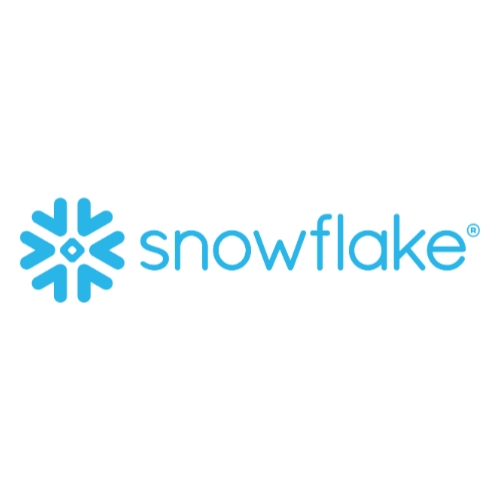Function as a Service (FaaS) and containers come together with Knative, one of the most exciting things happening in the Kubernetes ecosystem right now, especially if you’re using microservices. Knative components build on top of Kubernetes, abstracting away details, allowing for more elaborate deployments and enabling developers to focus on what really matters. Serverless offerings from Cloud providers often come with fears of vendor lock in. Knative is open source and you can run it either on your own servers or let Google Cloud or Redhat Openshift manage it on their hardware. If you’re an organization that’s already running on Kubernetes, here are three huge benefits to utilizing Knative.
Serverless functions
Scale-to-zero serverless functions are one of the more elaborate deployments that can be achieved using Knative, and there are some very good reasons to run them in Kubernetes. The first being that you can operate your serverless workloads in the same domain as you do more traditional microservice or monolithic workloads. This simplifies network architecture and makes automated end to end testing easier and faster. If you’re already running on Kubernetes, you can reuse the same CI/CD workflows and SRE tools you’re already using.
Advanced deployment strategies
Beyond running serverless workloads, Knative allows for advanced deployment strategies like blue/green deployments and custom autoscaling controllers. Knative also works with an optional eventing component that deploys a highly available, cloud native Pub/Sub service.
Increased efficiency
The workspace sees many benefits while running Knative, because you can operate in the Cloud using leaner resources. Running all your workloads in the same domain increases efficiency and security. This means a lower operational cost and higher velocity. Plus, a quicker turnaround through the development process, so the end user gets a refined product more quickly.
Running Knative will give your development team the toolset to build modern, container-based applications with the flexibility to run anywhere: on premises, in the cloud, or even in a third-party data center. If you build or deploy into the Cloud, keep your eye on Knative.
About the Author
Thomas Smith is a container evangelist and loves helping craft cloud native solutions. When not building containers, he can be found cycling the Bosque trails of Albuquerque or creating generative music.

Snowflake Summit 2025 Announcements
Snowflake Summit 2025’s latest announcements made it clear: the path to genuine AI-driven impact hinges on frictionless access to data, the ability to act on it with clarity, and absolute confidence in its protection. Learn more about how they're making that happen for customers in this article.

How ChatPRD Helps Build Better Stories (and a Stronger Team)
When user stories are vague, it slows down delivery, trust, and momentum. This article by Senior Product Strategy Consultant Traci Metzger shows how she used a lightweight, AI-guided system (ChatPRD) to write clearer, developer-ready requirements that actually accelerated execution.

QA in the Age of AI: The Rise of AI-Powered Quality Intelligence
As organizations push code to production faster, respond rapidly to new customer needs and build adaptive systems, the expectations on quality have changed. It's no longer enough to simply catch bugs at the end of the cycle. We’re entering an era where quality engineering must evolve into quality intelligence and organizations adopting quality intelligence practices are reporting measurable gains across key delivery metrics. Learn more in this article by Principal Engineer Jarius Hayes.

Operational Efficiency in the AI Era: What Matters and What Works
Ever wonder how leading teams are cutting costs without cutting corners? Hint: it starts with AI. In this article by Principal Delivery Manager Kabir Chugh, learn how AI is powering smarter ops, faster deployments, and measurable savings across industries.
